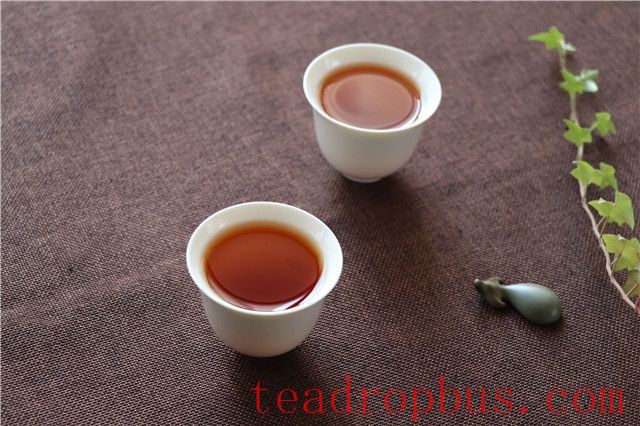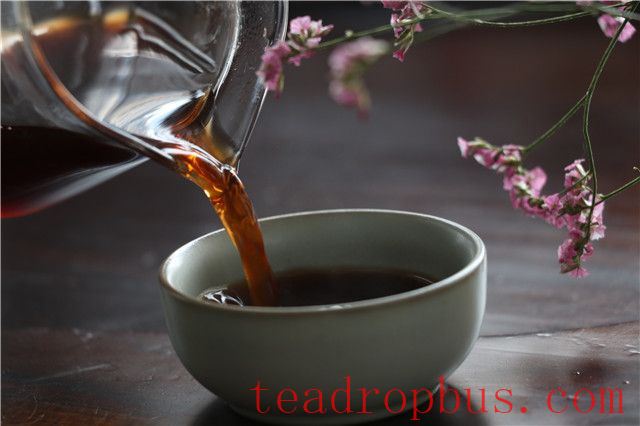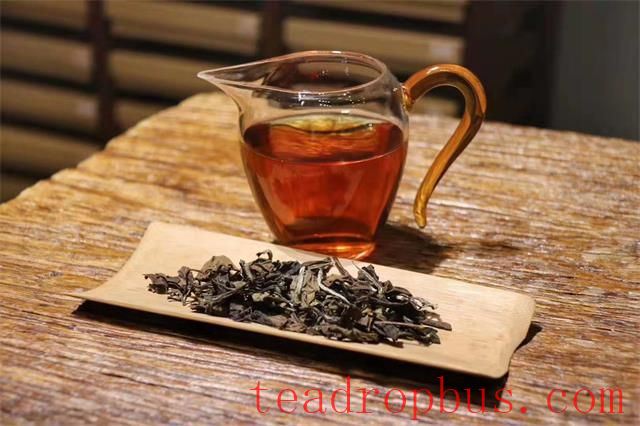The key to choosing the right tea for the evening primarily involves understanding the characteristics of different teas. Both black and green teas possess both “stimulating” and “calming” effects; they can make the mind more alert and flexible, or they can inhibit overexcitement in the brain, making it easier to fall asleep. The crucial factor lies in how, when, and the method of consumption, as these elements determine the resulting effect.

Black Tea
Black tea is a fully fermented tea that undergoes a “maturation” process, reducing the content of polyphenols and thus minimizing its potential to irritate the stomach, making it suitable for drinking at night.
For those with weak spleen and stomach, adding some milk to black tea can help warm and comfort the stomach.
Ripe Pu'er
After eating three meals, the digestive system accumulates some fatty foods. Drinking ripe Pu'er after dinner can help break down accumulated fats, warming the stomach while aiding digestion and fat reduction.

Ripe Pu'er is a post-fermented tea with an even milder nature. Drinking ripe Pu'er offers many benefits without harming the stomach or affecting sleep.
White Tea
If you don't like the taste of Pu'er, white tea can be a good substitute. Fuding white tea, which enters the lung meridian, has a mild character and won't affect sleep.
Tips for Drinking Tea at Night:
When tea is first brewed and steeped for about 3 minutes, most of the Caffeine dissolves into the tea water, giving it a stimulating effect that can make one feel more awake. To avoid insomnia, avoid drinking the first infusion of tea and stay away from strong brews.
1. Drink lighter teas to reduce caffeine content.

2. Opt for teas with a sweet flavor profile. Teas rich in the amino acid theanine have been scientifically proven to aid sleep better than sleeping pills, without any side effects.
3. Choose teas that are more heavily fermented.
Drinking the right tea at night can benefit your health, but there are some common pitfalls to avoid. Firstly, Green Tea, which is unfermented, should not be consumed in the evening as it may cause insomnia, especially in those with sensitive stomachs. Secondly, elderly people, children, and pregnant women should avoid strong teas at night, as their constitutions tend to be weaker and they may experience adverse effects from drinking strong teas.